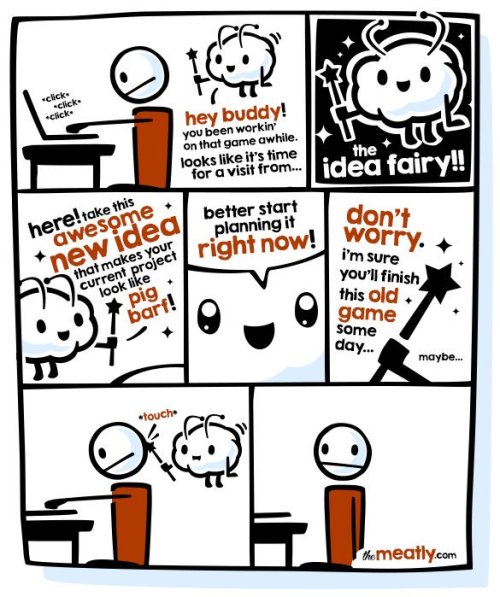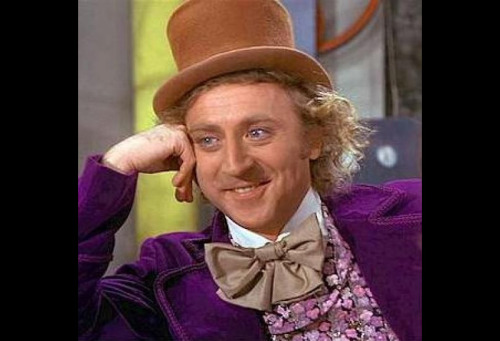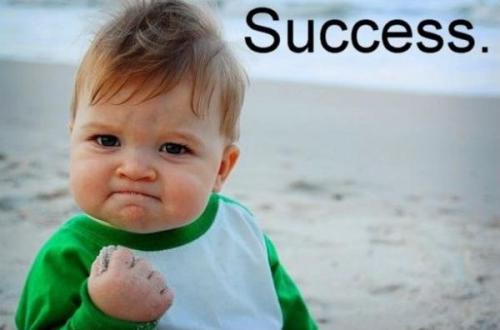Problems finishing a game? Scalable is they key!
One advice I always give to novices is to finish games... Althoug this sounds easy, we all who know this is in fact hard, in this little blog entry I will describe how to create scalable products and always finish our game projects.

Hey! My name is Steve and I'm a game developer (check our work at Ogre Pixel).
The original blog entry can be found in our gamedev blog here.
With the release of Warcher Defenders the last year we received few mails and messages asking for some advice on how or where to start to gamedev.
One advice I always give to novices is to finish games.
After 3 years in this business I have met a lot of game developers, few with successful games, few with titles in development, and few more with a lot of projects left behind.
I have seen A LOT of people moving from a project to another just because they have just lost motivation or because they started a “better” game. Whatever the fact is, the truth is that the simply action to finish a game is something which seems really hard to accomplish.

As I’m also an admin on a gamedev Facebook group of Unity3D developers I have found that it’s very common to find people who says stuff like “Hey! I’m new, I want to create a MMORPG in a city like GTA V but with zombies! Where do I start?”.
Finishing even a simple game is a hard task by itself, now let’s imagine to finish something as big as a GTA V MMORPG with Zombies.
The fact that there is people who is new and wants to accomplish that kind of games is not the problem, the problem is that they think they can start in the gamedev scene by working on that…

So first thing I tell them is to calm down and simply start with baby steps before running the train…
Ok, let’s begin with the basis: How to finish a game?
What I mean by a finished game is a game you can share with a random dude and say “Hey, play my game”, so it’s something which can be played and enjoyed as a whole product. Just remember that finished is better than perfect.
The trick here is the scalability.
Scalability is the capability of a system, network, or process to handle a growing amount of work, or its potential to be enlarged in order to accommodate that growth.
So if we move that definition into gamedev, we have to imagine and design our games in a way then can be scaled up.
The first thing we have to do when working on a new game is the prototype, the prototype is recommended to be a finished game (so you can allow other people try it and validate it).
In this moment if you find that the prototype does not work as you desired and decide to leave it to start something else what you will have is a finished game...

There is a lot of advantages of having a finished product, for example you can simply save it into your prototypes folder to play it later and maybe rethink about it, it can be uploaded as part of a personal portfolio, if you are looking for a job you can share it along with your resume to a gamedev recruiter, etc.
Scalability is the capability to take a very small game to something bigger by creating finished products as part of the process.
This also helps a lot in the validation process because each iteration of our game can be tested as a single product.
So if we take the MMORPG GTA + Zombies example we could achieve it by passing through the following products:
A 3 screen game (title, game, score) where you have to run through zombies from point A to point B.
Same game from (1) but with the capability to shot zombies down.
Same as (2) but with a couple of missions.
Same as (3) but with a 2 player co-op mode.
Same as (4) but with X new missions.
Same as (5) but with with local multiplayer mode.
Same as (6) but with but as a MMORPG…
As on every step we will have a finished game, if we decide to move to another project we can do it without the feeling that we have wasted time.
Something important to mention is that designing a scalable game does not mean to design it in a way that the main idea is the last state of the game.
Designing a scalable game means to design it in a way that it can always be scaled up.

Let’s imagine that the MMORPG GTA + Zombies game is a reality and that you as a developer want to take it to a next level by allowing the player to play it as a VR experience, if you designed it in a scalable way you can take it to that level easily.
To design and develop it in a scalable way means to build it in a way that its growth is simple to realize, it can be done with good assets administration, modular programming, etc.
So, in conclusion, they key yo finish your games and develop them with great growth possibilities is the scalability.
As everything, scalability improves with practice, so keep working and think big! =D
Steve
Read more about:
BlogsAbout the Author(s)
You May Also Like







.jpeg?width=700&auto=webp&quality=80&disable=upscale)








